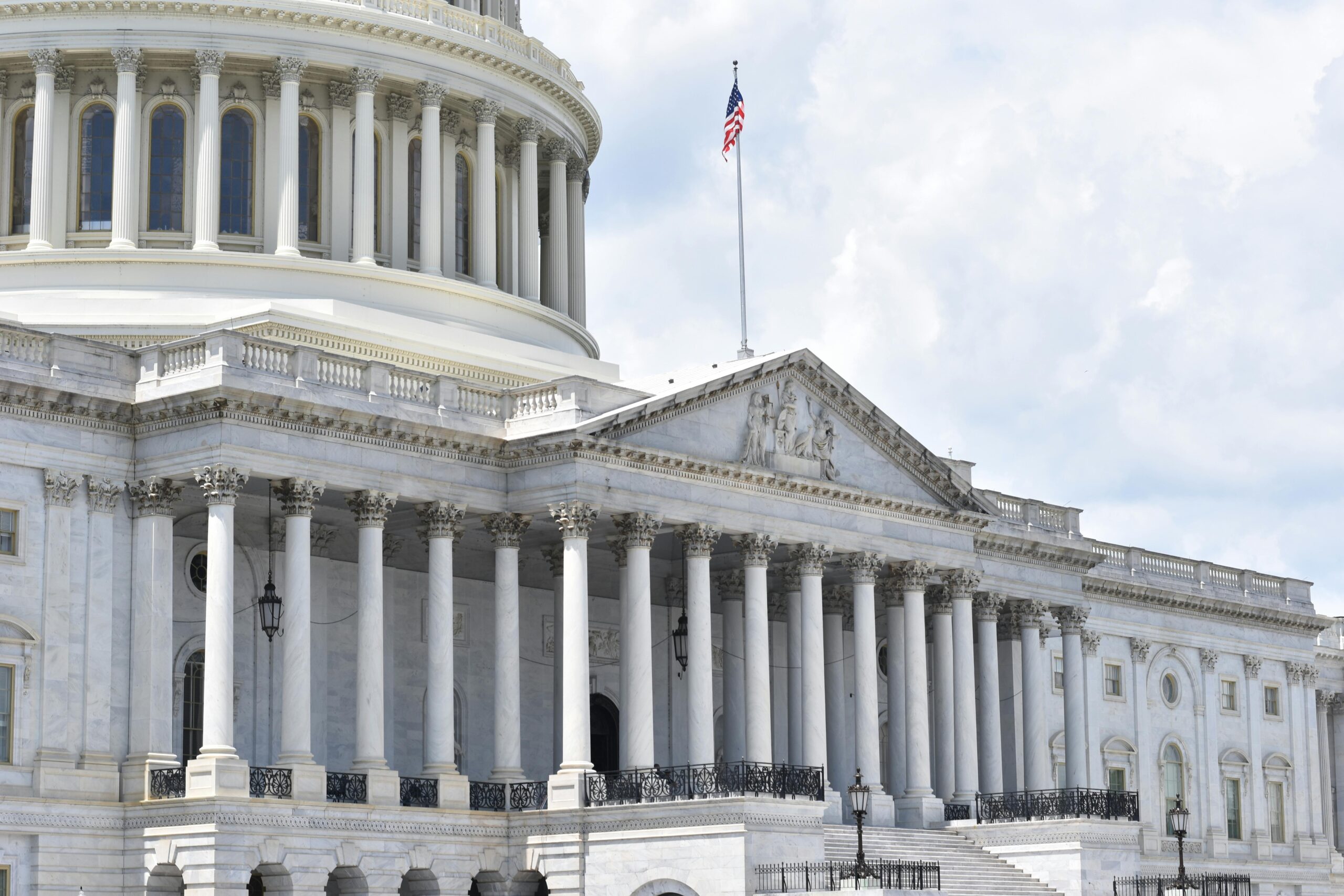IHEP Announces Major Expansion of Degrees When Due, a Nationwide Completion Initiative to Strengthen the Pathway to a College Degree
Published Sep 23, 2019
WASHINGTON, D.C. (September 24, 2019) – Across the United States, 35 million adults have earned some college credits but have no conferred degree. Building on its long history of actionable research to promote college completion, today the Institute for Higher Education Policy (IHEP) announced the institutions who have been selected to join the second cohort of its Degrees When Due initiative.
Begun in 2018, the three-year initiative helps states and postsecondary institutions improve degree completion. Degrees When Due equips institutions with research-informed strategies to identify and successfully reengage stopped-out students in their communities. These strategies, called degree reclamation, enable states and institutions to close educational attainment gaps by helping more students, particularly those from historically underserved communities, complete their studies.
“Our Degrees When Due institutional and state partners are building a strong pathway to degree attainment for all students, including by providing an on-ramp for those who have paused their studies or ‘stopped-out,’” said IHEP President, Michelle Asha Cooper, Ph.D. “IHEP enthusiastically welcomes the selected institutions and states into this effort. Through this initiative, they will increase student success, serve a diverse set of student populations, and join us in addressing one of higher education’s most pressing challenges: degree completion.”
Participating campuses undergo a nine-month online learning experience complete with guided lessons in degree reclamation implementation and live coaching from expert practitioners. Joining Degrees When Due means joining a dynamic community of practice, with opportunities to share lessons learned and scale best practices, both virtually and in-person.
As of today, 104 institutions in 18 states, all committed to improving degree attainment, are part of the Degrees When Due cohort starting this fall. With the addition of this second cohort of institutions, the program now reaches a total of over 150 institutions in 20 states. The full list of participating campuses is available on the Degrees When Due website.
“Our college is very excited to be part of the Degrees When Due initiative. Awarding degrees to students who have earned them and re-engaging students who are close to completion helps both our students and our local employers who rely on us to develop an educated workforce,” said Nora Morris, Dean of Institutional Effectiveness at Anoka-Ramsey Community College. “As an open-door institution, we serve students from all social groups with varying levels of academic preparation. This means we have a higher proportion of students with fewer resources to handle unexpected life circumstances. Not all students are in a situation to complete a degree from start to finish with no breaks. Reaching out to students and reminding them that they can return and complete a degree is important.”
“As an older adult, my time and finances are very limited. I also have a dozen responsibilities to others that I did not have when I was younger,” said Carolyn Feyling, who paused her studies while raising two children and recently returned to study at Shasta College. “Having older adults in an educational setting is beneficial to all students and instructors. I have found, for example, that the older adults are more open in participating in the class setting, which encourages instructors to be more engaged with their students and breaks the ice for younger students to participate as well. Further, I have seen older adults gain more confidence in working toward accomplishing their goals. Being introduced to the resources that the college has to offer, putting in the effort to learn, and finally achieving my goals has been deeply rewarding and boosted my confidence where before it was lacking. The resources I have found and education I have received support me in both my professional and personal capacities.”
“Shasta College was excited to join the Degrees When Due effort because we knew it was the right thing for students. One out of three adults in our Northern California region currently have some college but no degree, and we knew this would be a way to honor work that was already completed and to help folks get across the finish line,” said Kate Mahar, Dean of Institutional Effectiveness at Shasta College. “After exploring the data and learning from the transcript evaluations of our near completers, we discovered multiple ‘pain points’ in our requirements and processes that have prohibited students from graduating with a degree. In addition to Degrees When Due’s direct benefit for past students, we are also excited about our ability to move forward and change some of our institutional systems to prevent these kinds of situations from happening to our current and future students.”
“Degrees When Due supports our colleges in their efforts to reengage adults who frequently want to re-enroll but need that extra support from the college to make it happen,” said Erica Lee Orians, Executive Director at the Michigan Center for Student Success, Michigan Community College Association.
“The Degrees When Due initiative is so exciting, because of the opportunity that it can provide to our students and community. Most of these students have no idea how close they are to earning their credential – and once they have that, additional doors to employment and other educational opportunities open to them,” said Valerie Butterfield, Registrar at Grand Rapids Community College. “For the institution, it's a great opportunity to re-evaluate our policies and practices and to learn why students stop attending when they are so close and how we can better support our students to complete their degree.”
In 2020, IHEP will publish initial findings detailing the impact of degree reclamation strategies, including increased degree attainment rates and related outcomes on students’ livelihoods.
###


